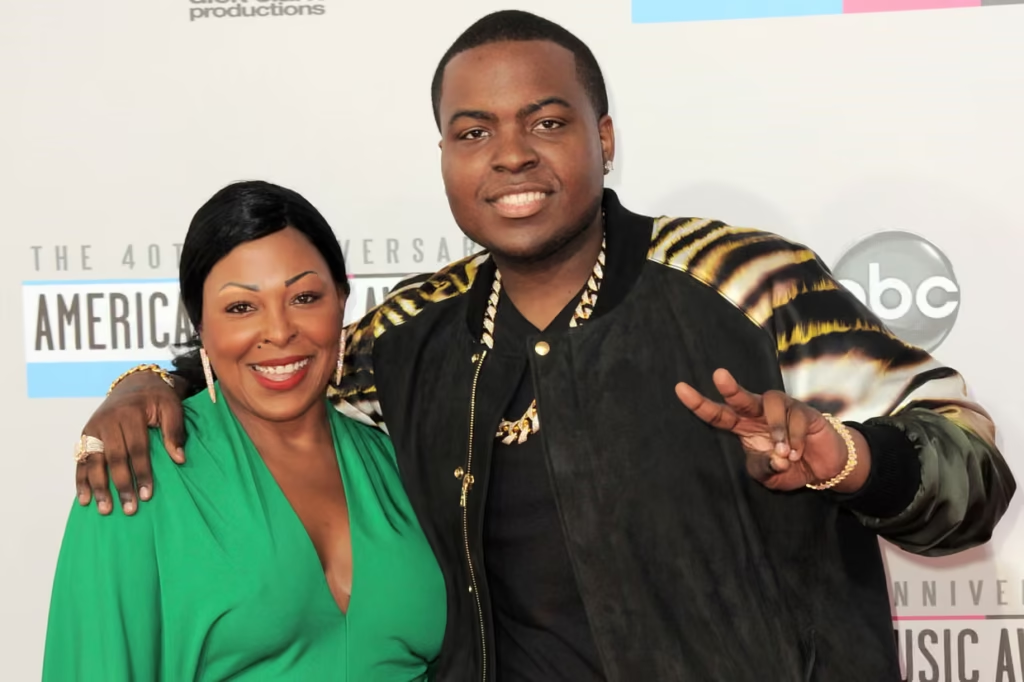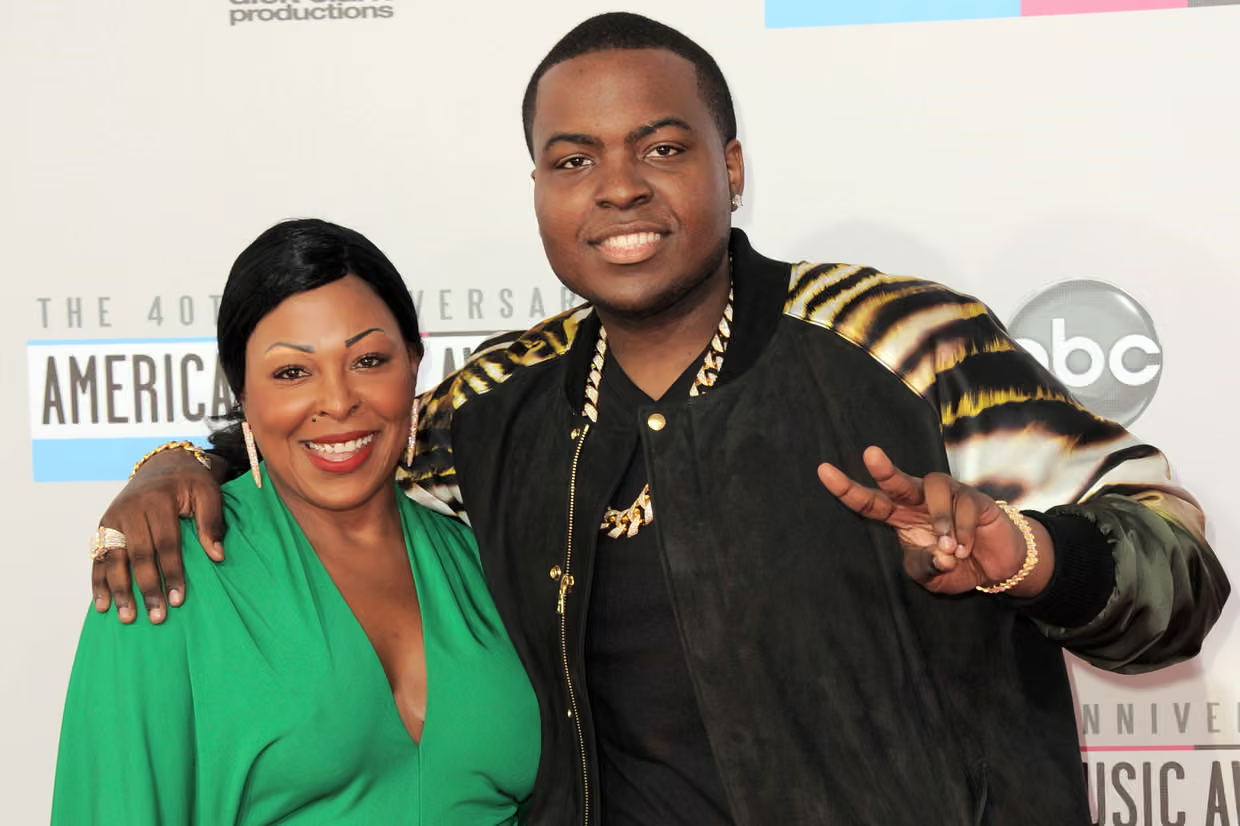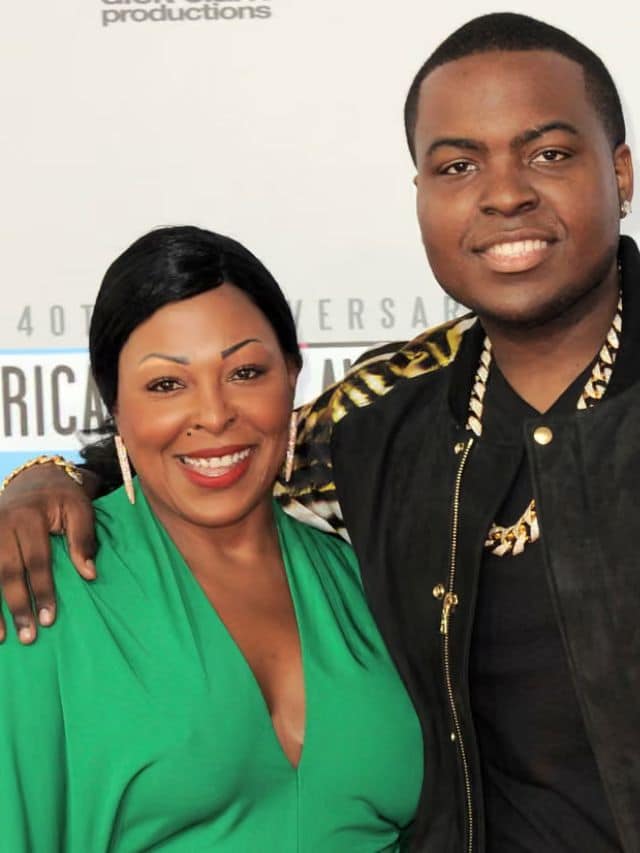Sean Kingston Gets 3.5-Year Prison Term for $1M Luxury Goods Fraud Scheme.
Rapper Sean Kingston sentenced to 3.5 years in prison for $1 million fraud scheme. Rapper Sean Kingston was sentenced to three and a half years behind bars on Friday for a $1 million fraud scheme that exploited his celebrity to convince sellers to hand over luxury goods he never paid for.
Kingston, born Kisean Paul Anderson, stood in federal court in South Florida and, with his mother, Janice Eleanor Turner, was found guilty in March of conspiracy to commit wire fraud and four counts of wire fraud. Turner received a five-year term last month.

Before U.S. District Judge David Leibowitz pronounced punishment, Kingston apologized to the court, asserting he had absorbed the lessons of the case. His lawyer requested permission for the star to report to custody later because of health concerns, but the judge ordered him to be locked up right away.
Sean Kingston, dressed sharply in a black suit and white dress shirt, slid off his jacket, allowed deputies to cuff him and walked away under guard. Assistant U.S. Attorney Marc Anton portrayed him as a man unable to quit the trappings of fame despite no longer being able to pay for them.
“He abuses his fame to steal from people and refuses to settle his debts,” Anton stated on Friday. The federal prosecutor outlined the pattern Kingston had followed for years, intimidating vendors for high-end goods then cutting off payments. “He’s simply a thief and a fraud.”
Defense lawyer Zeljka Bozanic argued that Kingston, now 35, has the maturity of a teen, the same age he was when success first hit. She insisted he had essentially no grasp of his finances, depending on managers and his mother to handle money. “No one ever taught him to invest. Cash came in and went out for flashy stuff.”
Bozanic added that Kingston already has begun reimbursing victims and will settle every debt the moment he is released and can earn again. Leibowitz dismissed the notion that the rapper lacked smarts. Still, the judge acknowledged Kingston’s acceptance of blame and his choice to remain silent rather than risk perjury on the stand.
This stood in stark contrast to his mother, whose trial testimony Leibowitz labeled a deliberate attempt to mislead the court. Kingston and his mother were taken into custody in May 2024 after a tactical team burst into Kingston’s rented mansion in a Fort Lauderdale suburb.
Turner was arrested in the house; Kingston was apprehended later at Fort Irwin, where he was performing at a military show in the stark Mojave Desert. Thumbing through court documents reveals how Kingston operated between April 2023 and March 2024.

He scrolled through social media and negotiated deals for high-dollar items—for a diamond-encrusted watch, the sellers were told he’d shine it up on his feed. The sellers were invited to one of the sprawling, glass-front houses Kingston rented in Florida.
When the delivery truck rumbled up, Kingston would send a motherly tap on the send button, with either himself or Turner replacing a real bank deposit with a polished but false wire receipt. The haul included plush gifts now measured in feet and dollars: a bulletproof Escalade, bespoke timepieces, and a glittering 19-foot LED screen.
When the money failed to arrive, victims would dial and message the two, often rattling the same phone numbers dozens of times. Payments flickered only after lawsuits were filed or police became a party to the correspondence.
Kingston, a Florida native who grew up in Jamaica, burst onto the scene at 17 with 2007’s “Beautiful Girls,” a breezy track that wove his smooth vocals over the old-school soul of Ben E. King’s “Stand By Me.” Following the breakout, he kept the momentum going with 2007’s “Take You There” and the 2009 club anthem “Fire Burning.”
FIND RELATED STORIES! Taylor Swift Breaks Trump’s Podcast Record — Viewership Nearly Doubles Overnight.







